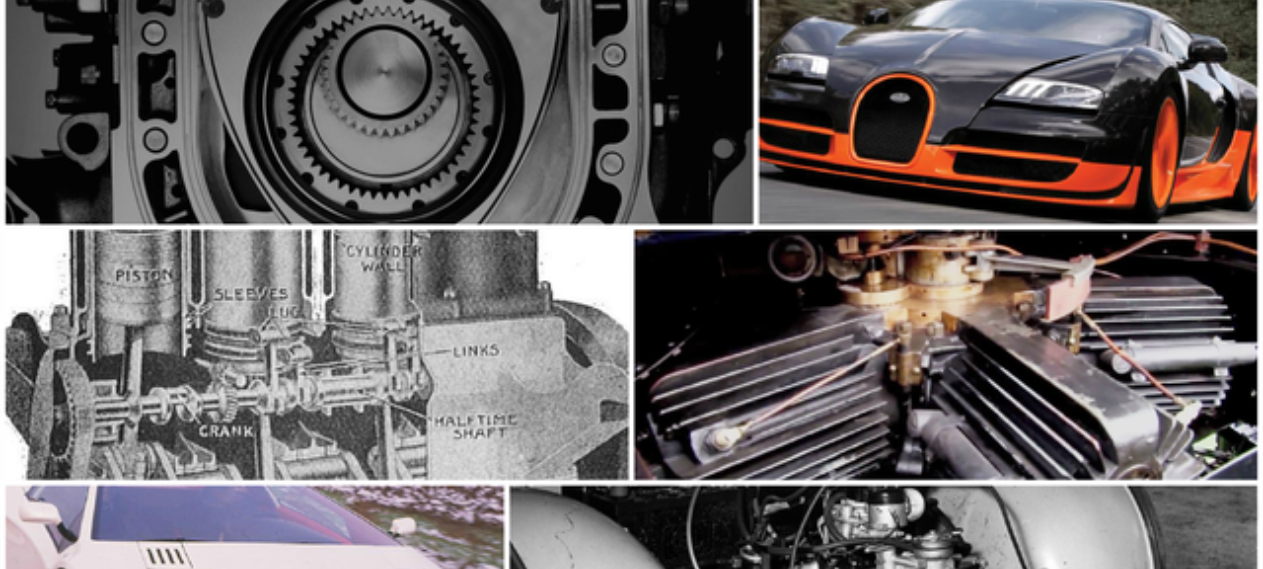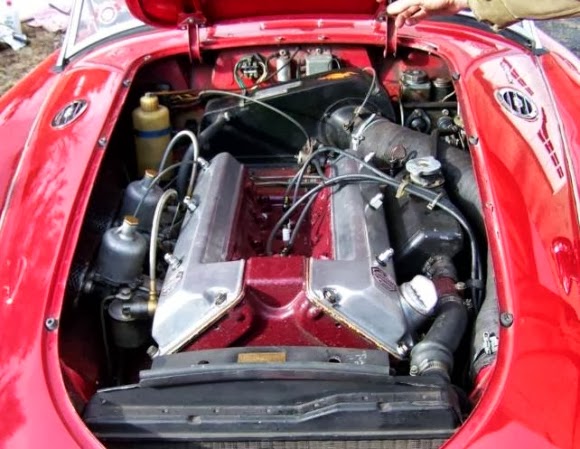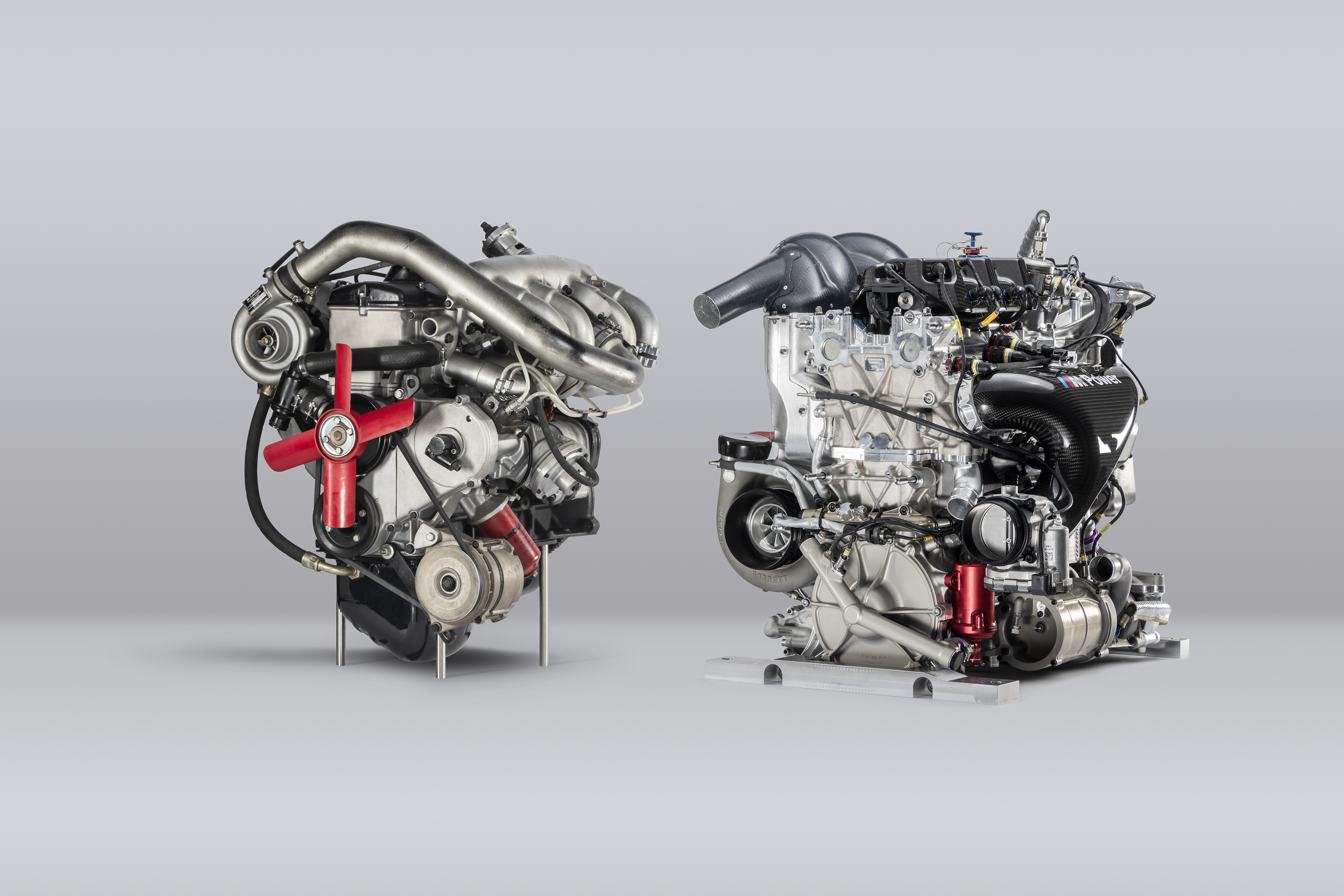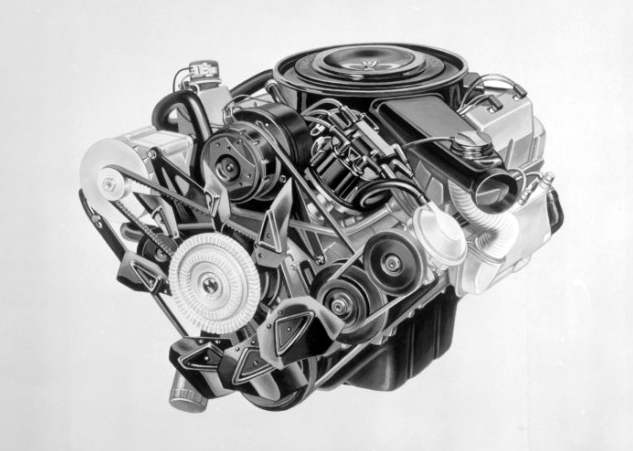This does not necessarily imply that they were horrible, though some certainly were. Some might have been great in general but had a defect, or they might have been put in the incorrect car, or they might have been released before the public was ready for them.
BMC B-Series Twin Cam
The Austin B-Series engine, which was been dubbed “a horrible engine, but free from bugs,” powered a plethora of mid-sized British saloons and sports cars like the MGA. A unique variant of the latter was installed in certain of the later, with two camshafts positioned above the cylinders as opposed to only one next to them.
BMW M31
BMW created a car that defied the spirit of the era unlike any other vehicle ever did, driven by its own triumphs and unabashed joy about performance. These are the official remarks from BMW regarding the 2002 Turbo, which was the sole vehicle to be powered by the M31 engine—a forced-induction version of the venerable four-cylinder M10—on the model.
BMW M73
Read more:Classic Three-Wheeled Cars from the Past
BMW’s second automotive V12 won the over 4.0-litre category in the 1999 International Engine of the Year awards. A year earlier, it appeared in the short-lived Rolls-Royce Silver Seraph, an application which has been regarded as a mistake.
Cadillac V8-6-4
This engine was a V8, as the name implies, and it could operate with six or even just four cylinders when fuel efficiency was more crucial than power production. In the initial ten years of the 1900s, cylinder deactivation was attempted mechanically; however, Cadillac made an electrical attempt to accomplish the same in 1981.
Chevrolet 2300
Despite its apparent ingenuity, the Chevrolet Vega quickly gained a bad reputation for dependability following its 1971 introduction. Not all of its many issues were caused by its 2.3-liter, four-cylinder engine, but many of them were.
Chevrolet Copper-Cooled
Despite being air-cooled, the 1923 Chevrolet Series M engine got its moniker because of its copper cooling fins. Insiders at GM were so sure of it that they predicted 50,000 units would be produced each month by the end of the first year, rendering water-cooled engines obsolete.







